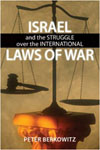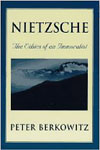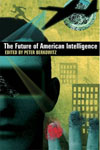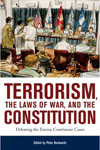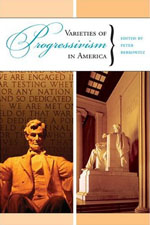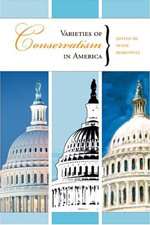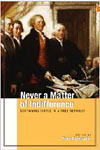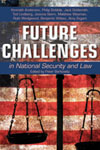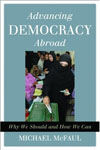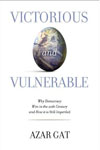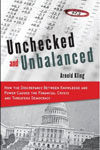Wilson Quarterly, Spring 1997
Book Review
A review of Spinoza, Liberalism, and the Question of Jewish Identity by Steven B. Smith (Yale University Press)
This compelling book rescues Baruch (Benedict) Spinoza's Theologico-Political Treatise (1663) from undeserved obscurity. The only one of the Dutch philosopher's works to be published during his lifetime (1632-77), the Treatise reflects the influence of the new philosophy and method of Descartes, as well as Spinoza's meditation on his experience as a descendant of of Jewish refugees from the Spanish Inquisition who found himself excommunicated from the Jewish community of Amsterdam for his unconventional beliefs. As painstakingly reconstructed by Smith, a political scientist at Yale University, the Treatise is shown to contain both a far-reaching critique of traditional Judaism and a powerful argument for a democratic republic in which toleration and liberty of thought exist for all.
Smith claims that Spinoza's Treatise defined a critical challenge to modern liberalism: reconciling the Enlightenment's universalist aspirations with the reality of human difference. It was Spinoza, Smith argues, who set the terms for the later debate (involving such seminal figures as Moses Mendelssohn, Gotthold Ephraim Lessing, Kant, and Hegel) about the conditions under which Jews should be granted the full rights of citizenship. That debate shaped classic liberalism's account of how a modern state grounded in recognition of the natural freedom and equality of human beings should deal with minorities.
In addition to being a religiously based vindication of individual liberty, the Treatise is a politically inspired challenge to religion. Spinoza sought to emancipate his fellow Jews from what he regarded as the back-breaking burden of religious tradition. To this end, he scrutinized the Hebrew Scriptures as a human book, offered withering criticism of miracles and the idea of particular providence, and reinterpreted the Mosaic law as a merely political and long-superseded body of legislation. His goal was to lay the foundations for a secular state that would be home to autonomous individuals who bowed to no authority save that of reason.
Today the Enlightenment political project raises concerns about the rise of rank individualism, the deterioration of the family, the appearance of the naked public square, and the breakdown of community. The autonomous individual in whose name Spinoza wrote now seems adrift rather than self-directed, enervated rather than emancipated. This problem, in Smith's view, is inseparable from Spinoza's legacy. Smith does not presume to resolve the dilemmas of contemporary liberalism or pass final judgment on what the Enlightenment has wrought. But he does offer a searching exposition of what was overthrown and what was built, what sacrificed and what gained, by the theological-political revolution Spinoza championed.

